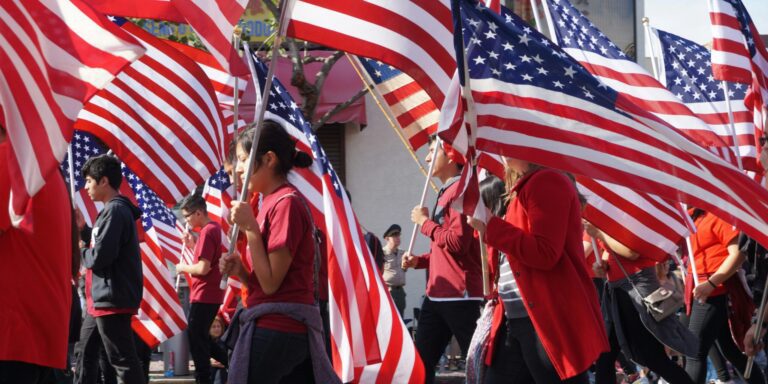June 19, 2025 – Juneteenth celebrations across the United States took on a new shape this year, reflecting the mounting impact of reduced federal and corporate support for diversity, equity, and inclusion (DEI) programs. Once widely backed by both government institutions and Fortune 500 companies, the commemorative events are now navigating a shifting landscape that has prompted organizers to pivot toward grassroots strategies and local partnerships.
In cities like Denver, Indianapolis, and parts of West Virginia, organizers were forced to scale back or cancel major Juneteenth festivities due to shrinking budgets following the rollback of DEI initiatives. Denver’s long-running Juneteenth Music Festival, traditionally one of the largest in the nation, had to cut its schedule in half after key sponsors pulled funding. Festival leaders attributed this year’s budget gap to companies realigning their priorities in the wake of the Trump administration’s retreat from DEI frameworks.
Indianapolis faced a similar reality. Annual city-sponsored celebrations were pared down significantly after municipal funds previously earmarked for racial equity programming were redirected. In West Virginia, a planned multi-day observance in Charleston was called off altogether after both state and private backing fell through. The withdrawal of institutional support has reshaped how Juneteenth is observed nationwide, spurring communities to rethink how best to honor the holiday in a rapidly changing political climate.
This contraction in financial backing arrives in the broader context of the federal government’s retreat from diversity-focused programming. In early 2025, President Trump signed an executive order halting DEI training and outreach within federal agencies and placing tighter scrutiny on grant-funded diversity efforts. That decision has cascaded into corporate boardrooms, where some firms—citing regulatory uncertainty or political pushback—have pulled out of high-visibility sponsorships for events like Juneteenth.
In response, cultural and municipal organizers are recalibrating their approach. Increasingly, they are turning to community-centered models that rely on partnerships with nonprofits, local businesses, and philanthropic foundations. These grassroots sponsorships have enabled scaled-back but deeply resonant celebrations, with an emphasis on storytelling, education, and localized pride.
For example, in Philadelphia, local schools and churches hosted history seminars and youth-led storytelling sessions in lieu of large parades. In Austin, where federal and state funding has grown scarce, a consortium of nonprofits underwrote a day of performances, oral history exhibits, and neighborhood cookouts. These smaller but vibrant gatherings reflect a shift in emphasis from corporate-driven spectacle to community-authored commemoration.
Strategic organizers say this transformation has not only been necessary but has also created new opportunities. By pivoting to more cost-effective formats—ranging from film screenings and art exhibits to intergenerational dialogues—Juneteenth planners are building more adaptable, resilient frameworks. Such approaches are proving more durable in a political climate where symbolic holidays are increasingly subject to partisan debate.
This year’s events also highlighted a broader shift in public sentiment. While support for DEI has declined in official corridors of power, local enthusiasm for Juneteenth has remained strong. Grassroots organizers across the country have reaffirmed the holiday’s importance through intimate, community-led programming that centers Black voices and historical narratives often overlooked in mainstream discourse.
Stakeholders point out that local partnerships are not just a stopgap but a strategic recalibration. They enable communities to maintain cultural traditions regardless of shifting federal or corporate trends. More importantly, these collaborations often lead to deeper engagement, allowing organizers to tailor content to the specific histories and needs of their neighborhoods.
The pivot in Juneteenth planning also offers a lens into broader questions about cultural resilience and the role of civil society. In an era of shrinking institutional support, local actors are taking on more responsibility for safeguarding public memory and commemorating historical milestones. The result, many say, is a more grounded, participatory, and authentic celebration.
As the political winds shift, Juneteenth organizers are finding that adaptability—not size or sponsorship—may be the key to long-term sustainability. What began as a response to funding cuts is now emerging as a blueprint for cultural preservation in uncertain times. Across the nation, the holiday endures—not through headline acts or corporate branding, but through local action and enduring commitment to the ideals of freedom and justice.


